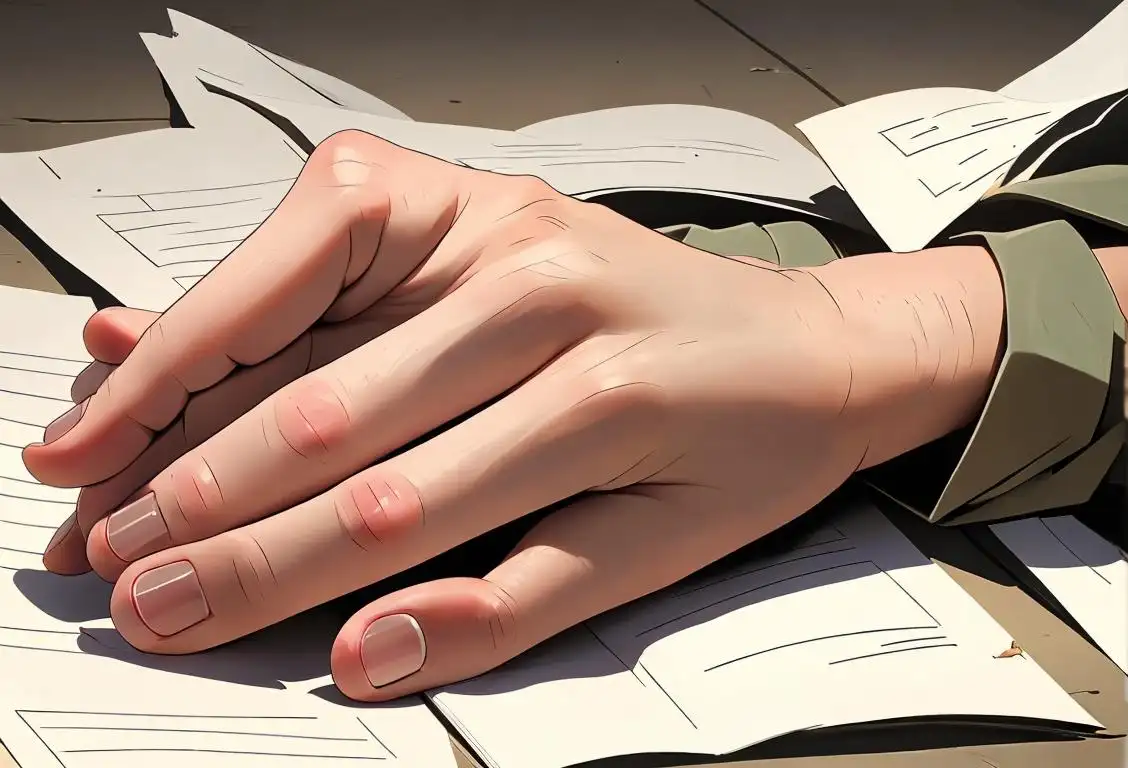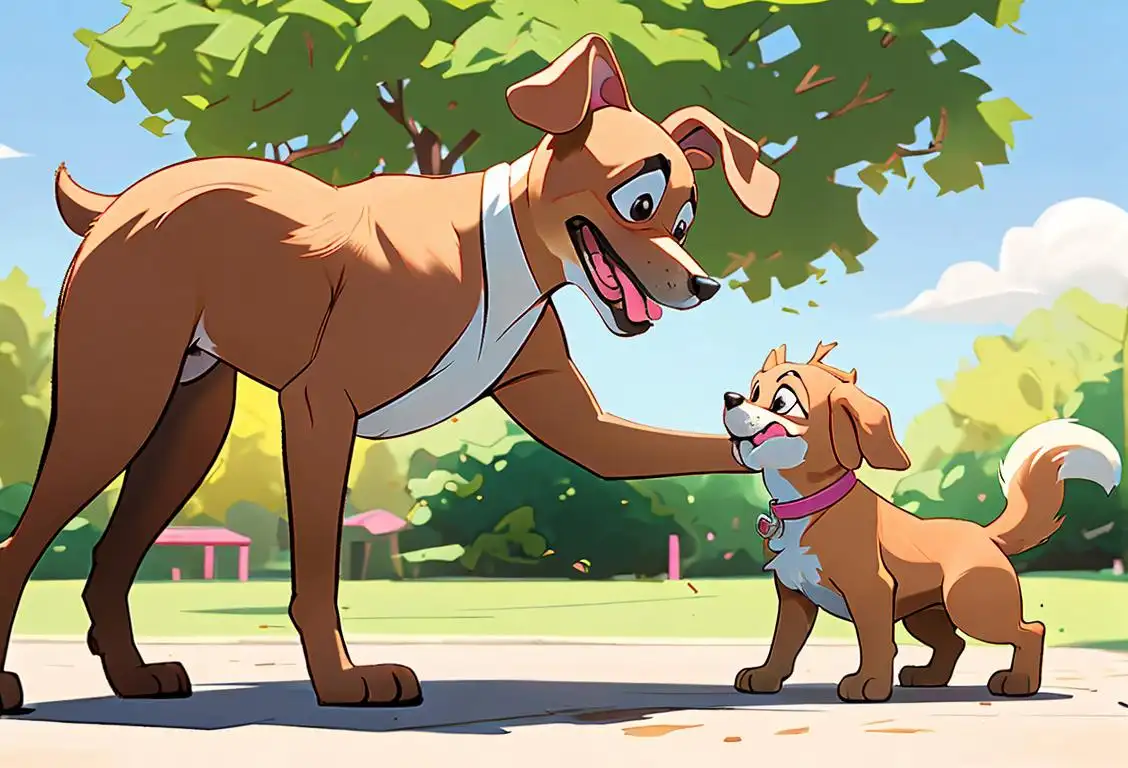National Embarrassment Day

There, there, don't worry if you have tripped over your own feet in public or accidentally spilled coffee on your date's dress! We've all had those cringe-worthy moments where we wished the earth would swallow us whole. That's why there's National Embarrassment Day, offering a moment for everyone to collectively take a deep breath and lacquer on a sheen of sympathy for our fellow human beings.
When is Embarrassment Day?
It's national embarrassment day on the 4th October.
History of National Embarrassment Day
Believe it or not, there's no grand historic event tied to the origin of National Embarrassment Day. It turns up out of nowhere, on Internet discussions around the concept of shared embarrassment and sympathetic understanding. It's like a pop culture's attempt to bring people together through shared experiences - as awkward as they may be.
A Hilarious National Wave
National Embarrassment Day, noticed online 4778 times, saw a seismic wave on October 4, 2019. Suddenly, social media was awash with stories of mishaps, missteps and blush-triggering incidents. But instead of shame, the spirit was one of human connection, as people hashed out their personal can't-believe-I-did-that experiences, offering consolation to each other.
Why Celebrate National Embarrassment Day?
National Embarrassment Day is like a festival of relief. Or as the ancient Greeks would have called it, a catharsis! We've all had those cringy moments that make our stomachs churn at 3 AM when we can't sleep. This day encourages letting go of those moments and laughing at ourselves for a change. It allows us to normalize these experiences, recognizing they're part of the shared human condition.
History behind the term 'Embarrassment'
1676
Etymology of 'embarrassment'
The term 'embarrassment' originated from the French word 'embarrasser,' which means 'to block' or 'to hinder.' It was first used in English in the late 17th century to describe a feeling of being obstructed or impeded.
1771
Development of the modern meaning
In 1771, the modern meaning of 'embarrassment' began to emerge. It referred to a state of self-consciousness or discomfort caused by a social situation or action. This shift in meaning reflected society's growing awareness of social norms and expectations.
1839
Embarrassment in literature
Embarrassment became a prominent theme in literature during the 19th century. Authors began exploring the complex emotions and social dynamics associated with embarrassing situations. Notable works that depicted embarrassment include Jane Austen's 'Pride and Prejudice' and Charles Dickens' 'David Copperfield.' These portrayals helped to further popularize the concept of embarrassment in both literature and everyday life.
1956
Psychological study of embarrassment
In 1956, psychologist Erving Goffman published a groundbreaking work titled 'The Presentation of Self in Everyday Life.' This book examined the concept of embarrassment from a sociological perspective, exploring how individuals strive to maintain a positive impression in social interactions. Goffman's research helped to shed light on the psychological intricacies of embarrassment and its role in shaping social behavior.
21st century
Embarrassment in the digital age
With the rise of social media and digital communication, embarrassment took on a new dimension. The ease and speed of sharing information online made it easier for embarrassing moments to go viral, amplifying their impact. Additionally, the phenomenon of 'cyberbullying' brought forth new ways in which individuals could experience embarrassment. This evolution highlights the ongoing cultural significance of embarrassment in the modern era.
Did you know?
There's a technical term for the fear of embarrassment known as 'Erythrophobia'. So on National Embarrassment Day, let's conquer that fear and laugh at our shared missteps together!Tagged
awareness fun remembrance empathy human condition shared experienceFirst identified
25th November 2016Most mentioned on
4th October 2019Total mentions
4778Other days
Embarrassment Day
Prisoners Of War Remembrance Day
Rescue Dog Day
Medal Of Honor Day
Camera Day
Suicide Prevention Month Day
Law Enforcement Day
Former Prisoner Of War Recognition Day
Foundation Day
Donate Your Hair Day








